-
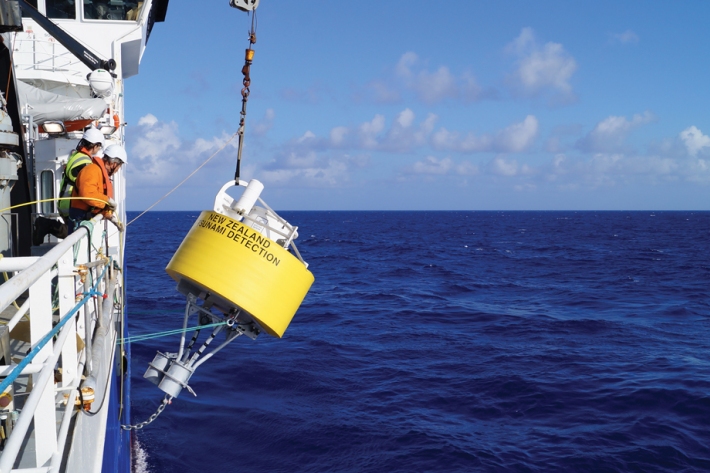
A job for the buoys
Feature story11 February 2021New Zealanders and Pacific Island communities are on their way to having the most advanced tsunami monitoring system in the world. -
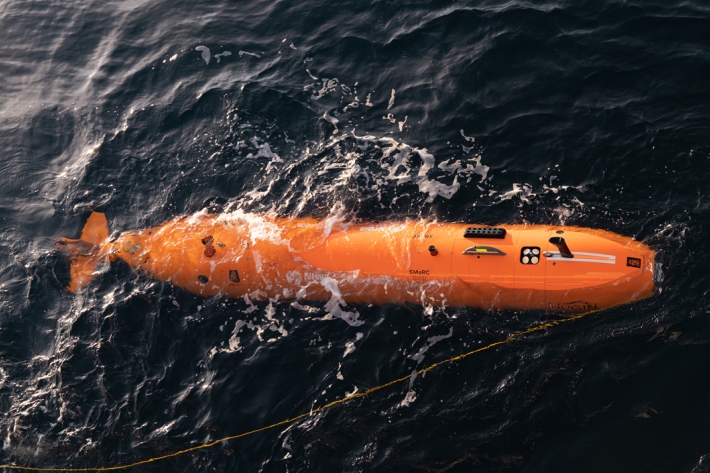
Underwater robot getting close-up look at Kaikōura Canyon
Media release08 October 2020A six-metre long orange underwater robot is flying through the Kaikōura Canyon for the next month collecting information on how the canyon has changed since the 2016 earthquake. -

New tsunami monitoring system for Pacific
Feature story22 September 2020A network of state-of-the-art tsunami buoys is being deployed from New Zealand up into the Pacific to keep communities safer. -
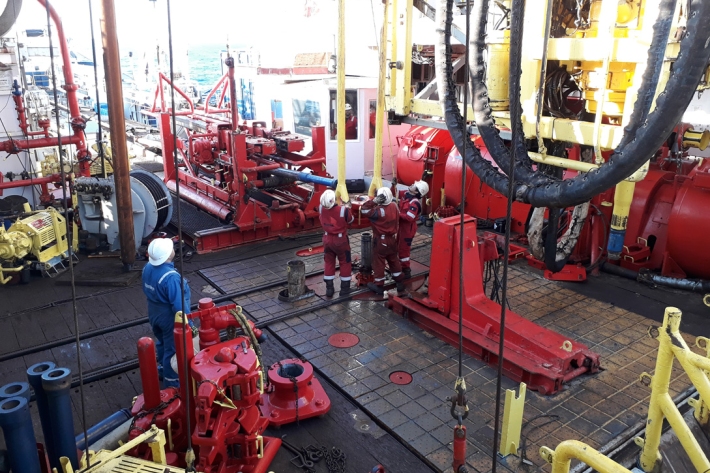
Scientists get first look at rocks causing slow moving quakes
Media release26 March 2020An ambitious international scientific project to study New Zealand’s largest earthquake fault is now enabling scientists to learn more about slow slip earthquakes happening in subduction zones around the world. -
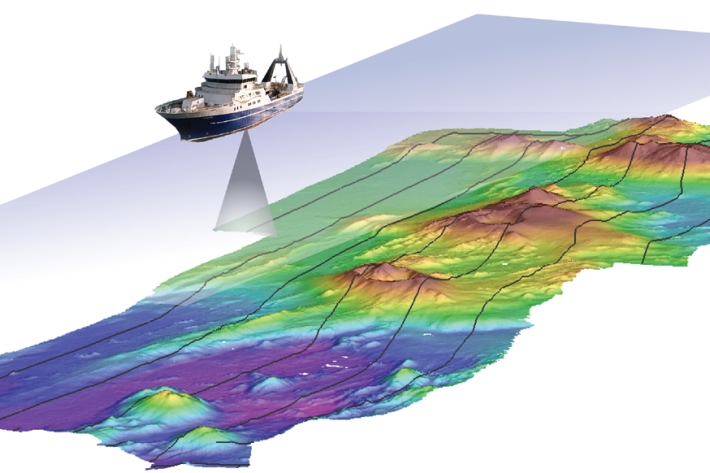
Scientist pieces together details of underwater landslides
Media release28 November 2019New information about landslides that occur on the seafloor off New Zealand’s east coast will help scientists better understand why and where they happen, and the types of threats they pose. -
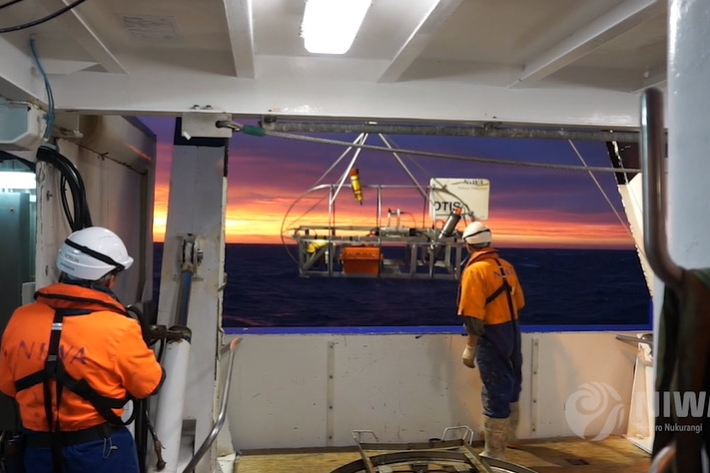
Methane seep research bubbling along
Media release10 September 2019A chance discovery off the Gisborne coast five years ago is prompting a NIWA scientist to find out more about the link between a field of methane seeps bubbling out of the sea floor and submarine landslides. -
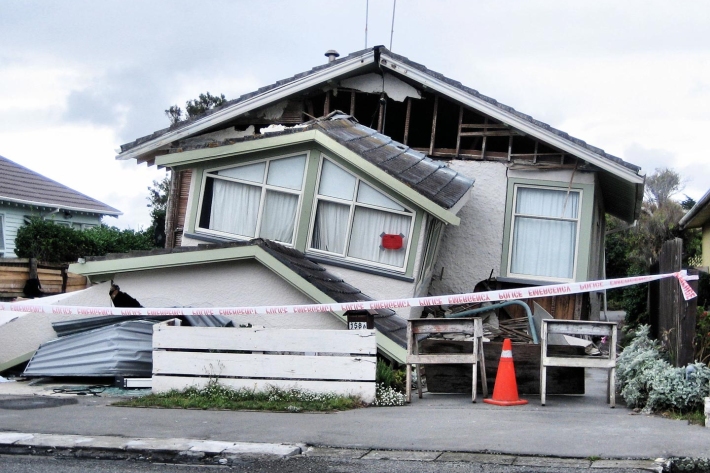
New Zealand to have world-leading hazard risk modelling tool
Media release01 August 2019EQC, GNS Science and NIWA have joined forces to further develop world-leading natural hazards risk modelling for New Zealand. -
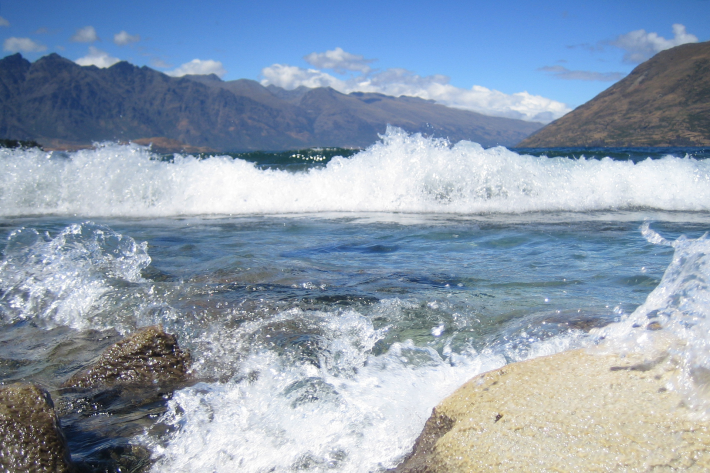
NIWA mapping Whakatipu lake floor
Media release08 May 2019NIWA researchers are out on Lake Whakatipu for the next week mapping the lake floor for the first time. -
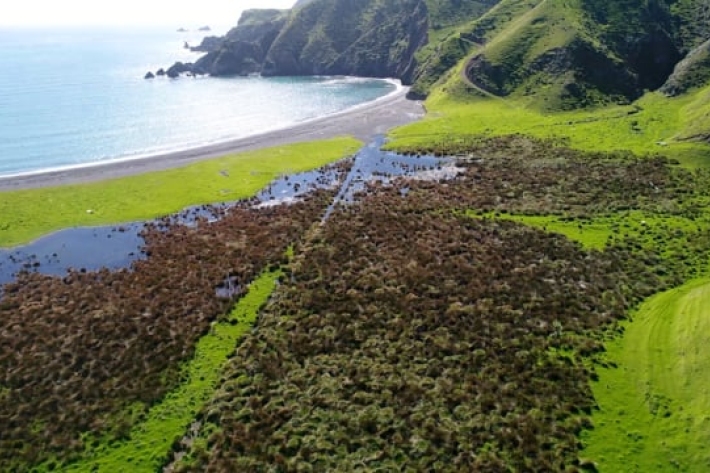
Tracing tsunamis through history
Weaving whakapapa and science together to trace tsunami through history. -
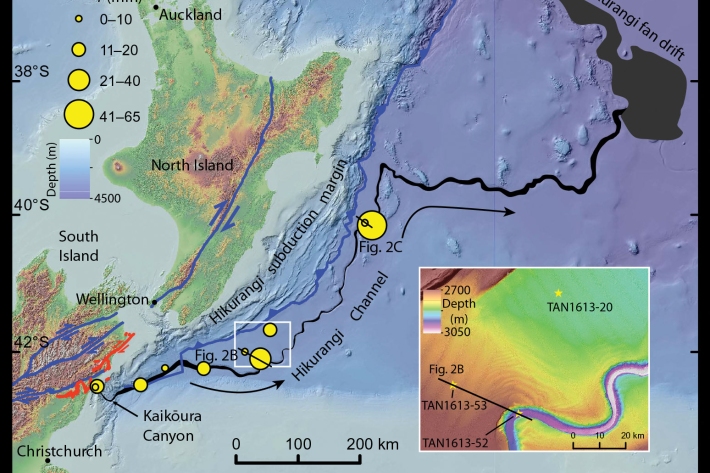
Kaikōura earthquake provides world-first insight into submarine canyons
Feature story17 October 2018Research conducted after the 2016, 7.8 magnitude Kaikōura earthquake has provided scientists with an extremely rare opportunity to understand the processes that shape submarine canyons. -
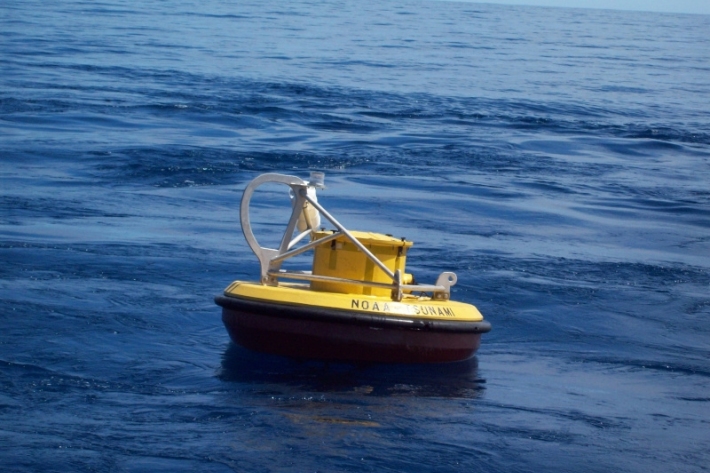
2017 - NOAA tsunami warning station
A tsunami reporting station situated in the Pacific Ocean that is currently off line is to be upgraded in a joint operation involving New Zealand and United States government agencies. -
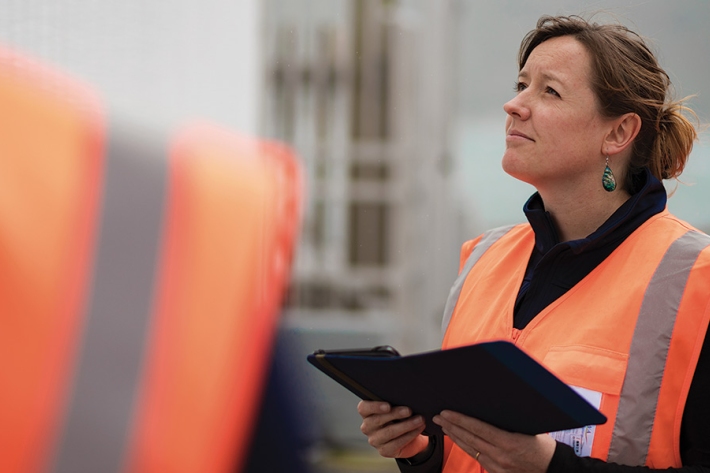
Calculated risk
Feature story13 June 2017Imagine if you could foresee what would happen to your home in a severe flood or tsunami, and then work out how to prevent or reduce the impact before any such event occurred.
